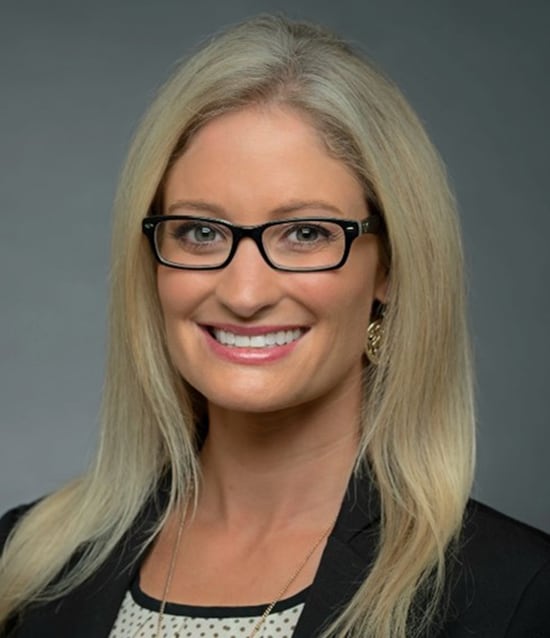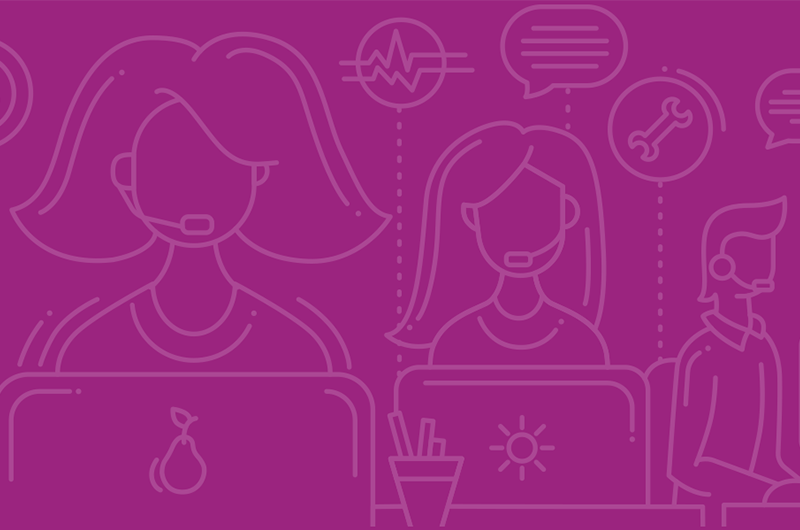As people turn to social media and AI for answers about mental health and learning disabilities, experts encourage formal clinical assessment over social self-diagnosis.
With a click, vast amounts of information are available for those seeking quick answers to health-related queries. The popularity of social media platforms and the rise in AI have fueled a trend of self-diagnosis, with people sharing and consuming content related to mental health and learning disabilities. Experts are urging caution.
Dr. Lynsey Psimas, a clinical psychologist at Pearson, stresses the importance of working with trained professionals who can provide support and assessment tools that are backed by science, research, and years of experience.
"A professional therapist or doctor evaluates the whole person; this is especially important when it comes to diagnosing mental health conditions like depression or anxiety, which can be the result of a complex interaction of factors. Things like online surveys and quizzes found on social media can lack clinical precision and overlook comorbidities (multiple overlapping conditions like ADHD or dyslexia) that commonly co-occur and can affect an individual's mental health," says Psimas.
Underscoring the risk of misinformation, Drexel University's A.J. Drexel Autism Institute found that only 27% of the most-watched autism-related TikTok videos contained accurate information.1
"With social media especially, it can be very difficult to know where the information comes from. It's really important to consider, and question, the source," Psimas continues.
In contrast to the quick-fix allure of self-diagnosis, becoming a clinical expert is a rigorous and lengthy process. It involves years of education, training, and experience to develop the skills necessary to accurately assess, diagnose, and treat mental health issues and learning disabilities. Psimas earned her bachelor’s degree, PhD, and completed an additional APA-accredited internship, plus two years of post-doctoral clinical work prior to becoming fully licensed as a clinical psychologist.
Developing the tests professional clinicians use to assist in their evaluation of clients or patients can take almost as long. Clinical assessment instruments undergo a thorough and rigorous development process to ensure their reliability, validity, representativeness across diverse populations, and sensitivity to specific diagnostic criteria. It can take years to develop a single clinical assessment tool.
The act of self-labeling may be the result of genuine underlying distress, the act of self-diagnosing a condition without a qualified medical professional may lead to unnecessary worry, erroneous conclusions, or lack of appropriate treatment. This is especially concerning among young people. A recent EdWeek poll2 revealed that 65% of educators reported students using social media to self-diagnose their mental health conditions.
One of the greatest dangers of self-diagnosis is overlooking underlying medical conditions mimicking psychiatric disorders. Physical conditions can cause neurobehavioral symptoms such as mood changes, altered behavior, or cognitive impairments that resemble or intersect with symptoms of mental health disorders. It is important to find a trusted professional to help identify, confirm, and treat any areas of concern.
"Starting one's journey to understand their mental health or learning abilities is a pivotal time when professional expertise and reliable diagnoses are essential--especially for young people. Social media and AI can provide information and community but shouldn't replace the gold standard of formal clinical assessment," Psimas concludes.
Looking for more Mental Health resources? Visit our resource center.

Dr. Lynsey Psimas is a licensed clinical psychologist with extensive experience in the assessment of children, adolescents, and adults. She has worked in private practice, therapeutic schools, and as an adjust assistant professor. She specializes in neuropsychological assessment, autism, ADHD, and learning disabilities.
Footnotes:
1. https://drexel.edu/autisminstitute/news-events/news/2023/October/Can-We-Trust-Autism-Information-on-TikTok/
2. https://www.edweek.org/technology/kids-turn-to-tiktok-for-mental-health-diagnoses-what-should-schools-know/2024/03





